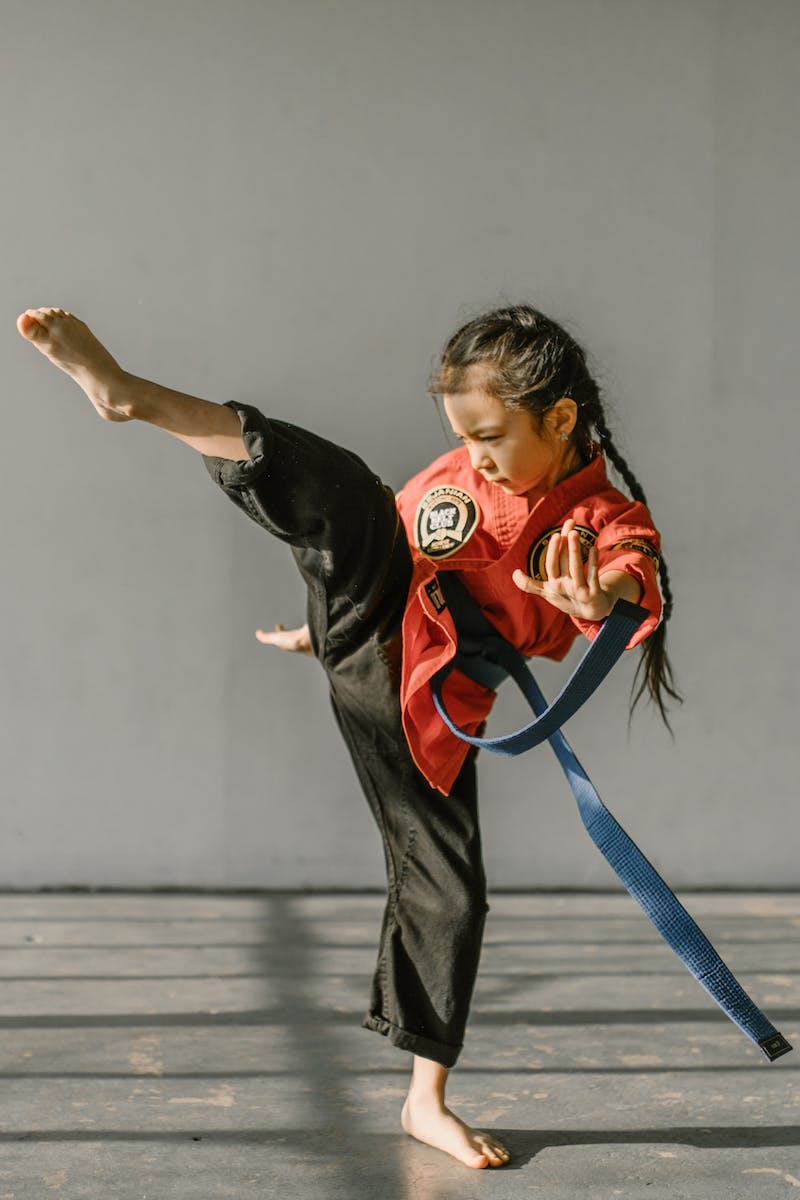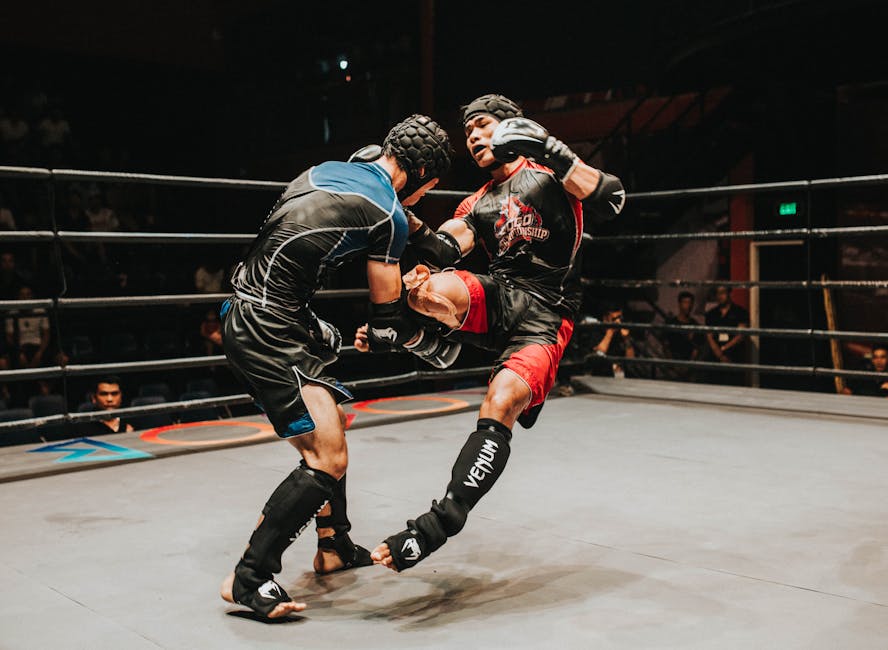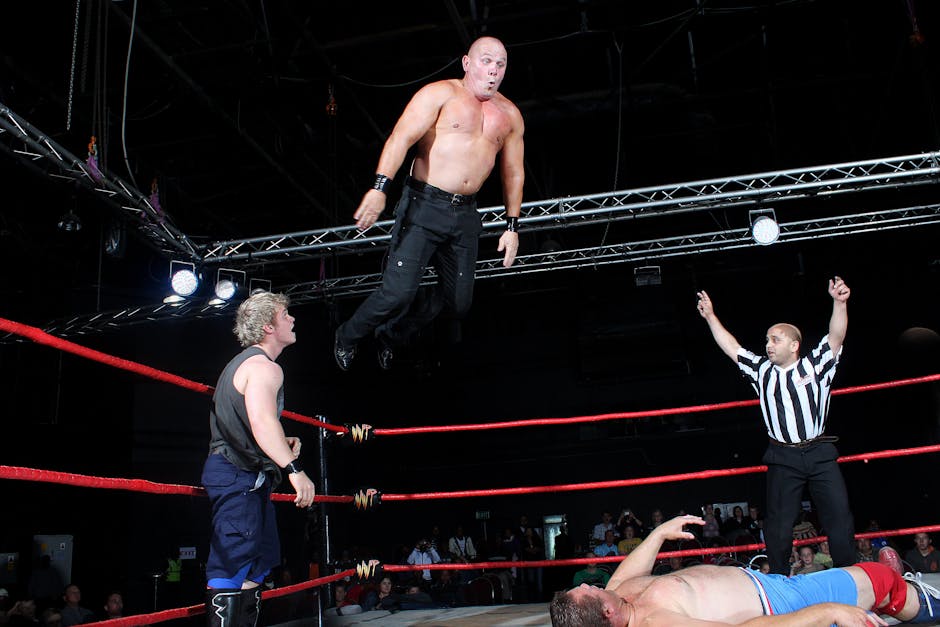The Pros and Cons of Krav Maga: What You Need to Know
Exploring the Benefits and Drawbacks of Krav Maga Training
Krav Maga, a self-defense system developed for the Israel Defense Forces, has gained popularity worldwide for its practical approach to real-life situations. It emphasizes instinctive movements and efficient counterattacks, making it suitable for people of all ages and genders. In this article, we will explore the advantages and disadvantages of practicing Krav Maga, shedding light on what you can expect from this intense form of martial arts training.
Whether you are considering enrolling in a Krav Maga class or just want to learn more about this self-defense system, understanding its pros and cons is essential. From improved physical fitness to the risk of injury, there are various aspects to consider before diving into Krav Maga training. By examining both sides of the coin, you can make an informed decision about whether Krav Maga is the right fit for you.
Pros
Discover the numerous advantages of practicing Krav Maga, from physical fitness to mental resilience. This section highlights the positive aspects that make Krav Maga an attractive option for self-defense and overall well-being.
Effective Full-Body Workout
Krav Maga training involves a wide range of dynamic movements that engage various muscle groups. This provides an effective full-body workout, enhancing strength, endurance, and flexibility.
Heightened Awareness and Confidence
The mental aspect of Krav Maga extends beyond physical techniques, promoting situational awareness and self-assuredness. Practitioners often experience a boost in confidence and a better sense of personal security.
Realistic Approach to Threats
Unlike traditional martial arts, Krav Maga focuses on real-world scenarios and emphasizes practicality over formality. This approach prepares individuals to handle unexpected confrontations with a clear and decisive mindset.
Incorporation of Fitness and Self-Defense
Krav Maga seamlessly integrates physical fitness with self-defense training, offering a holistic approach to personal security and well-being. This dual focus ensures that practitioners not only feel safer but also become physically stronger and more capable.
Effective Close Combat Techniques
Krav Maga teaches effective close combat techniques that are designed to quickly neutralize threats in real-life situations. Techniques focus on targeting an attacker's vulnerable areas and using fast, explosive movements to gain the upper hand, making it an ideal self-defense system for close-quarters confrontations.
Adaptive and Practical Training
Krav Maga training emphasizes adaptability and practicality, teaching individuals to respond to a variety of threatening scenarios. This versatility enables practitioners to develop a strong sense of situational awareness and the ability to apply techniques to different environments, enhancing their overall preparedness in unpredictable situations.
Improved Mental Discipline
Krav Maga requires intense focus, mental fortitude, and quick decision-making, which can lead to improved mental discipline and sharper cognitive abilities. Through regular training, practitioners develop the ability to remain calm and composed under stressful situations, which can be beneficial in various aspects of life.
Practical and Applicable Techniques
One of the distinct advantages of Krav Maga is its practicality in real-life scenarios. The techniques taught are designed to be effective in self-defense situations, with a focus on quickly neutralizing threats and escaping from dangerous encounters. This aspect makes Krav Maga a valuable skill for personal safety.
Enhanced Self-Defense Skills
Krav Maga equips practitioners with practical self-defense techniques that can be applied in real-life situations. By learning how to react quickly and decisively, individuals can significantly improve their ability to protect themselves and others.
Missing a pro?
Let us know which pro you are missing!
Cons
While Krav Maga offers numerous benefits, there are certain drawbacks and challenges associated with this intense form of martial arts training. It's important to consider these factors to make an informed decision about pursuing Krav Maga.
Risk of Injury
Due to the high-impact nature of Krav Maga techniques, there is a risk of injury during training. Strenuous drills and close combat simulations can lead to strains, bruises, and occasional minor injuries.
Intense and Physically Demanding
Krav Maga training requires a high level of physical fitness and endurance. Beginners may find the intensity challenging, and it may take time to adapt to the rigorous nature of the workouts.
Emotional Stress and Intimidation
Engaging in simulated combat scenarios and confrontational exercises can be emotionally taxing, especially for individuals who are new to this level of intensity. Dealing with the stress of potential threats can be overwhelming for some practitioners.
Limited Sporting Aspect
Unlike traditional martial arts, Krav Maga has limited sporting or competitive aspects. Practitioners focused on competitive sparring and tournaments may find the self-defense-oriented nature of Krav Maga less appealing.
Time and Financial Commitment
Learning Krav Maga requires dedicated time and financial investment. Regular training and progression through levels demand consistent commitment, making it challenging for some individuals to maintain the pace of learning.
Potential Legal Ramifications
In some jurisdictions, the use of Krav Maga techniques in self-defense situations could lead to legal complications. While the system prioritizes neutralizing threats, the aggressive nature of some techniques may raise concerns about excessive force, potentially resulting in legal consequences for practitioners if not applied with appropriate discretion.
Intimidating Learning Curve
Krav Maga's focus on realistic and intense training can pose a challenge for individuals who are new to the system. The initial learning curve may be intimidating for some, requiring diligent practice and mental preparation to become proficient in executing techniques effectively, especially under stressful conditions.
High Intensity Could Be Overwhelming
The high-intensity nature of Krav Maga training, while beneficial for fitness and self-defense, can also be overwhelming for some individuals. The demanding physical aspects of the practice may deter those who prefer more relaxed or traditional forms of exercise.
Potential for Aggressive Encounters
Due to the emphasis on real-world self-defense scenarios, there is a risk of encountering aggressive or confrontational situations during Krav Maga training. While this is intended to prepare practitioners for realistic threats, it can also lead to heightened adrenaline and stress during sessions.
Missing a con?
Let us know which con you are missing!
Conclusion
In conclusion, Krav Maga offers a potent blend of self-defense skills, physical conditioning, and mental fortitude, making it an empowering choice for individuals seeking comprehensive training. However, it's crucial to weigh the advantages against the potential challenges to determine if Krav Maga aligns with your goals and lifestyle. By carefully considering both the pros and cons, you can make an informed decision about incorporating Krav Maga into your fitness and self-defense journey.
What do you think?
Do you think the pros outweigh the cons?





